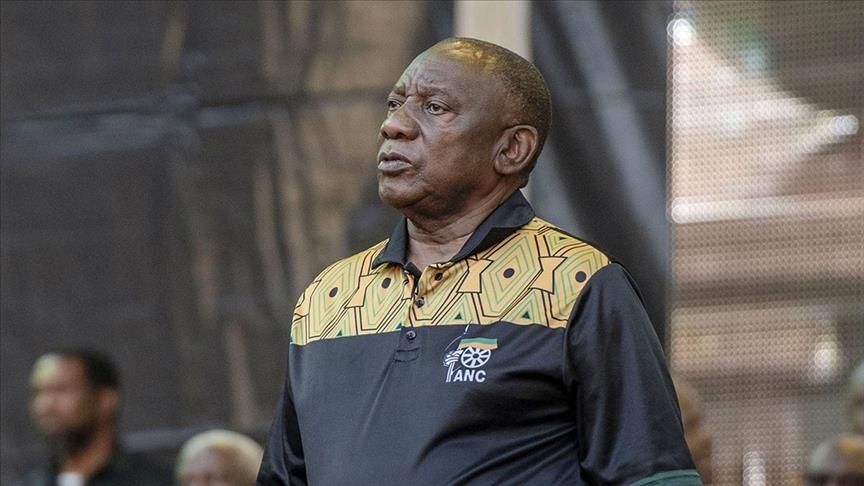EU: Turkey still has ‘Cultural’ Problems
Prior the summit, Turkish representatives Prime Minister Recep Tayyip Erdogan and Foreign Minister Abdullah Gul attended a luncheon for liberal party leaders hosted by Belgium Prime Minister Guy Verhofstadt. Gul met with E.U. Commissioner for Enlargement Günther Verheugen and Erdogan had contacts with his Italian counterpart Silvio Berlusconi, the current E.U. term president and Irish Prime Minister Bertie Ahern, the next E.U. term president, to seek support for Turkey’s accession. Erdogan and Gul later attended a dinner hosted by Turkish Ambassador to the E.U. Oguz Demiralp.
Poland Threatens to Veto
On the eve of the summit, in a meeting with German Chancellor Gerhard Schröder, Polish President Alexander Kwasniewski threatened to veto proposed constitutional amendments. Poland and Spain complain that the constitution draft lessens the powers given to them at the Nice summit. Britain strongly opposes proposals that decisions on foreign policy be reached by way of absolute majority. Apparently, if the leaders cannot reach concensus, the matter could be postponed.
The second issue the leaders are trying to reach concensus on is whether there should be ascription to Christianity in the E.U. constitution. Gathering in Brussels earlier this week, E.U. foreign ministers had failed to concur on the subject, and left the decision to the leaders. France and Belgium oppose ascription. Turkey is in the very interesting position of being the only Muslim candidate country.
A draft of the post-summit report states that Ankara has edged closer to the E.U. with the reforms it has made. The statement calls on Turkey to put more effort into finding a solution in Cyprus and indicates that a solution would greatly bolster Turkey’s membership prospects. While acknowledging the ground Ankara has covered in fulfilling the Copenhagen economic criteria, the draft suggests: judicial independence and more effective execution; providing fundamental freedoms, normalizing military-civilian relations; improving the situation in the south-east, guaranteeing cultural rights; and addressing macro-economic problems.
Ankara’s ‘Cultural’ Problem
In a statement at Demiralp’s dinner, Erdogan said he did not foresee any changes to the policy on Cyprus in the post-summit report.
However, the Prime Minister said that the report reflected discussions about taking strong steps to guarantee cultural rights in south-east. He stressed that Turkey would continue its reforms and pointed out that the reforms were not the E.U.’s, but Turkey’s. Confident that Christianity would not be given preference in the E.U. constitution, Erdogan is also hopeful that Turkey will be given a date to start membership negotiations. He added that it would not be the end of the world if a date was not given.
After talks with Commissioner Verheugen, Gul said that Verheugen referred ‘cultural matter’ in the draft is added in mistakes. Turkish side stated that an E.U. warning of taking strong steps for ‘solution of macroeconomic issues’ in the draft also disturbed Ankara.



